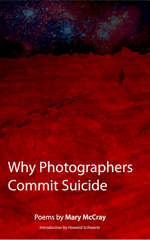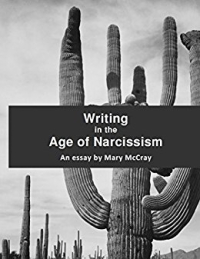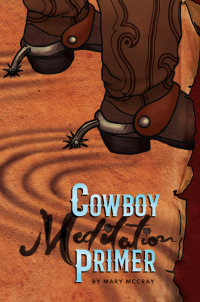 Who?
Who?
Yes, Marylu Terral Jeans published two books of poetry in her lifetime, Statue in the Stone (1966) and Moonset (1971) and she's my only related (out-of-the-closet) poet. Terral is the name of my great-great-grandfather, a circuit Methodist preacher who moved around Oklahoma, Texas and New Mexico founding Methodist churches back in the mid-to-late 1800s. He founded the town of Terral, Oklahoma, and the Methodist church in Roy, New Mexico, my family seat. He is buried all by his lonesome in the old cemetery in Las Vegas, New Mexico.
Marylu was my grandmother's first cousin. My Aunt Jane recently explained to me Marylu's place on the family tree. Aunt Jane said when she first married and moved to Walnut Creek, California, in 1944, Marylu's father, Ernest Terral, invited her to come visit them nearby.
Personally, I always pictured Marylu to look like a dotty old lady because that's what I think of when I imagine women poets who are related to me from somewhere back in time. However, Aunt Jane tells me Marylu lived in a trailer park and made herself up like Zsa Zsa Gabor every day and wrote poetry "sitting amidst the dirtiest house I had ever been in."
But remarkably, her poems were published in Better Homes and Gardens, California Farmer, Ladies' Home Journal, McCall's, New York Herald Tribune and Saturday Evening Post reminding us of a day when poems were actually published in these magazines. Aunt Jane gave her copy of Statue in the Stone to my mother
who a few years ago gave it to me. It was published by The Golden Quill
Press and her book jacket oozes over the power of her sonnet-making. The book is divided into somewhat staid but funny sections like Death of a Dream, Mute Testament, Valley of Stars, Love Match and Love-Armored. She uses words like "threnody."
I expected to hate the book's old-style rhyming verses but I didn't. I was intrigued by lines like this from her poem "Ghost:"
So love's sweet ghost, with undiminished art,
Remains to haunt each hall-way of my heart.
In fact, there's a melodramatic 18th-century novel reader in me who loves stanzas like this from "Dark Fire:"
Not that I love you in a smaller measure,
Not that I seek to hide my love from view,
But I no longer have a dream to treasure,
And lacking dreams, what could I offer you?
Although most of the poems have the rhythm and musicality of Dr. Seuss, some transcend the singsong, as in this little gem, "Hepzibah Higby:"
Hepzibah Higby fought the devil,
Fought his image, fought his ways;
Railed at sin, denounced all evil,
Had no time for words of praise.
Hepzibah saw a world in darkness,
Lost to light from up above;
Wept about the foolish sinners,
Never spoke a word of love.
Hepzibah Higby died, bemoaning
Man, the weakling and the dunce;
Gave her life to fight the devil,
Never saw an angel once.
I read Aunt Jane's story and some of her poems to my husband tonight.
He says he accepts living with a lazy poet.
He could even accept my dressing like Zsa Zsa Gabor.
But he refuses to live in a low-rent dirty trailer,
No matter how good my sonnets are.
 My father tells this joke often: there are two types of people–the type of people who put everyone else into types of people and the type of people who don't.
My father tells this joke often: there are two types of people–the type of people who put everyone else into types of people and the type of people who don't.
















